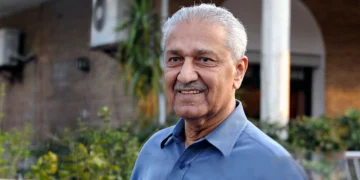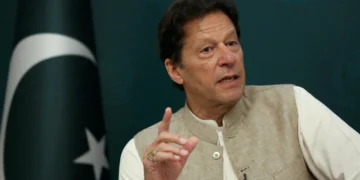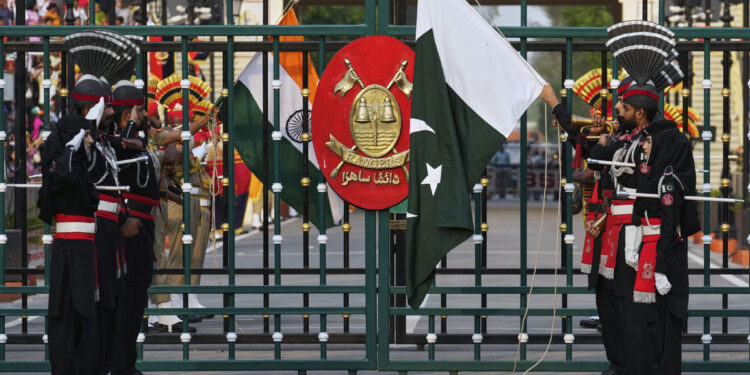In a dramatic escalation of hostilities, the Indian Air Force launched airstrikes across the Line of Control (LoC) into Pakistani territory following a deadly terrorist attack in Kashmir. The strikes, reportedly targeting militant training camps, were a direct response to the massacre of over 40 Indian paramilitary personnel in Kashmir — an attack New Delhi attributes to Pakistan-based terrorist groups.
India’s Bold Military Response
This marks one of the most aggressive Indian military actions in decades, igniting fears of full-blown conflict between the two nuclear-armed neighbors. Indian officials stated that the operation was a “preemptive strike” aimed at eliminating terrorist infrastructure before further attacks could be staged. Fighter jets reportedly penetrated deep into Pakistan-controlled territory in the early hours of the morning.
This move was widely celebrated across India, with hashtags like #IndiaStrikesBack and #KashmirRevenge trending across social media platforms. Defense analysts say this represents a significant shift in India’s strategic posture — moving from defensive deterrence to offensive retaliation.
Pakistan Claims It Downed Indian Aircraft
In swift retaliation, the Pakistan military claimed it had shot down five Indian fighter jets violating its airspace. A statement from the Inter-Services Public Relations (ISPR), Pakistan’s military media wing, asserted that Indian aircraft were intercepted over Pakistani-administered Kashmir. Video footage and images showing wreckage circulated quickly online, though India has only acknowledged the loss of one aircraft and insists its mission was successful.
Prime Minister Imran Khan convened an emergency security meeting, calling for restraint but warning that Pakistan would respond if further aggression occurred. Meanwhile, Pakistan has also reached out to the international community, urging diplomatic intervention to prevent escalation.
Global Leaders Urge De-escalation
Global powers including the United States, China, and the United Nations have called for immediate de-escalation and dialogue. With both nations armed with nuclear weapons, the international community is increasingly concerned about the potential for miscalculation.
India, however, appears firm in its stance. Prime Minister Narendra Modi declared that India would no longer remain passive in the face of cross-border terrorism. “This is a new India,” Modi said in a public address, “one that will avenge every drop of blood spilled.”
The Kashmir Flashpoint
The latest episode of violence has once again thrown the spotlight on Kashmir — a disputed region that has been a flashpoint between India and Pakistan since their independence in 1947. Tensions have persisted over the decades, but this incident could mark a turning point in how India addresses cross-border terrorism.
While India maintains that its actions were strictly anti-terror operations, Pakistan sees them as a violation of its sovereignty.
What Comes Next?
As both militaries remain on high alert, fears of a broader conflict loom large. Diplomats are working behind the scenes to prevent further escalation, but the emotional and political stakes are high. With national elections approaching in India, the government is under intense pressure to demonstrate strength and resolve.







































